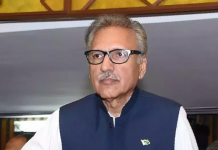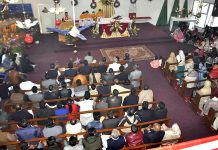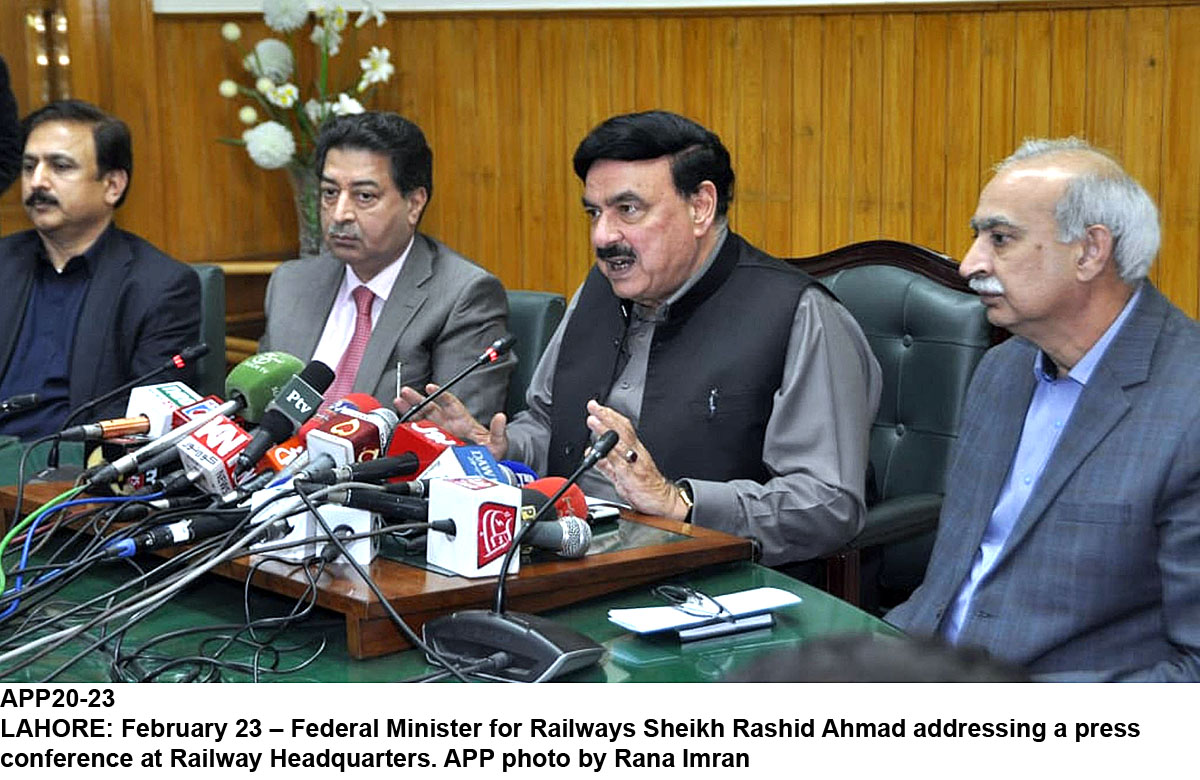WASHINGTON: Lauding Pakistan’s strong economic performance, the International Monetary Fund has said that the government’s reform efforts continue to strengthen macroeconomic stability and has expanded protection of poor people under the Benazir Income Support Programme.
In a statement issued after the IMF’s staff-level agreement with Pakistan in Duabi, IMF’s country director for Pakistan Harald Finger said that the government has met all end-March 2016 quantitative performance criteria, including the budget deficit target and the floor on the State Bank of Pakistan’s net international reserves.
The agreement will be presented before the IMF Management and the Executive Board for approval after which the next tranche of $510 million of a three-year loan will be made available to Pakistan. “The authorities reform efforts continue to strengthen macroeconomic stability, public finances, foreign exchange reserve buffers, and expanded protection of the most vulnerable under the Benazir Income Support Program (BISP),” he said.
In 2013, the IMF approved a $6,6 billion three-year loan programme for Pakistan under its Extended Fund Facility (EFF). Pakistan has successfully completed all reviews by the IMF in this respect. “The mission welcomed the authorities strong programme performance in the third quarter of FY2015/16,” Mr. Finger alluding to the achievements made during the period under review.
He said growth remains robust despite a weak cotton harvest, declining exports, and a more challenging external environment. Real GDP growth is expected to reach 4.5 percent in FY 2015/16 and 4.7 percent in FY 2016/17, helped by lower oil prices, rising investment, including related to the China Pakistan Economic Corridor (CPEC), improvements in energy supply, buoyant construction activity, and acceleration of credit growth.
Headline consumer price inflation continued to rise, owing to diminishing effects of past declines in commodity prices, and is expected to reach around 4 percent by end of FY 2015/16, remaining well-anchored by continued prudent monetary policy. Gross international reserves reached US$16.1 billion in March 2016 covering close to four months of prospective imports.
He further stated that indicative targets on social spending to support the most vulnerable has been met, tax revenues continue to grow at a healthy pace. Mr. Finger welcomed the government’s plans to continue with fiscal consolidation in the coming fiscal year, further expand the tax net, strengthen the fiscal responsibility framework, address financial losses in public enterprises and continue to pursue energy sector reforms.
Pakistan’s delegation at the talks included Finance Minister Ishaq Dar, State Bank of Pakistan (SBP) Governor Ashraf Wathra, and other senior officials. Discussions on the twelfth and last review under the programme have been tentatively planned for August.













